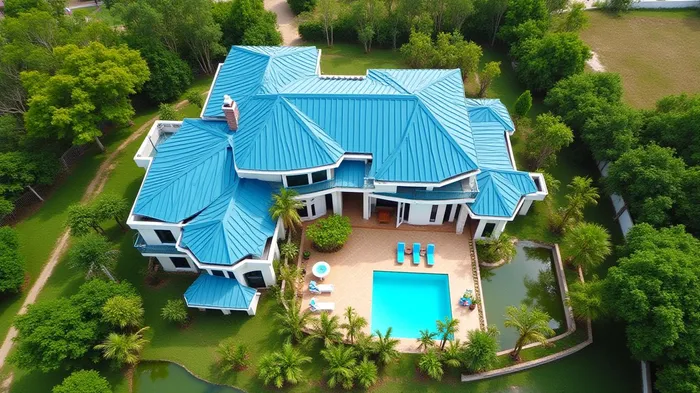Airbnb’s Q1 Results Spark Debate: Growth vs. Margin Pressures
The week of May 1, 2025, brought a pivotal moment for AirbnbABNB-- (ABNB), as its first-quarter earnings report ignited a fierce debate among investors and analysts. While the company delivered robust revenue and cash flow metrics, concerns over margin pressures and uneven geographic performance cast a shadow over its stock, now trading at $124.01—a 22% drop from its 52-week high.

The Numbers Tell a Mixed Story
Airbnb’s Q1 results were a blend of resilience and caution. Revenue reached $2.3 billion, up 6% year-over-year, though this figure excludes foreign exchange headwinds that masked a stronger 11% organic growth. The company also reported 143 million nights and experiences booked, a 8% increase, and $417 million in adjusted EBITDA—a 18% margin that beat estimates. Free cash flow surged to $1.8 billion for the quarter, bolstering its $11.5 billion cash hoard.
Yet the outlook for Q2 introduced skepticism. Management guided for 9%-11% revenue growth but warned that adjusted EBITDA margins might flatten or shrink due to higher marketing expenses and investments in new ventures. Full-year adjusted EBITDA margins are targeted at 34.5%, with $200–$250 million allocated to growth initiatives.
Analysts Split on Near-Term Risks
The mixed signals led to a divergence in analyst sentiment. Wedbush’s Scott Devitt downgraded the stock to Neutral, citing “soft U.S. travel trends and cautious guidance,” and slashed his price target to $135. B. Riley’s Naved Khan trimmed his target to $140 but maintained a Neutral stance, acknowledging strong fundamentals but cautioning on margin pressures.
The broader consensus paints a nuanced picture: while the average target price of $147.55 implies an 18.98% upside, the average brokerage rating of 2.6 (a “Hold”) reflects lingering doubts. GuruFocus, however, offers a contrarian view, valuing the stock at $189.13 for 2025—a 52.51% premium—based on historical multiples and projected growth.
The Bull Case: Resilience and Global Momentum
Proponents of Airbnb point to its ability to navigate macroeconomic headwinds. Q1’s $25 billion in guest spending and record nights booked underscore its staying power. International markets, particularly Europe and Asia, outperformed North America, where revenue growth dipped to low single digits. The company’s $11.5 billion in cash and $4.4 billion in trailing free cash flow provide a buffer for strategic investments, such as its push into vacation rentals and corporate travel.
The Bear Case: Margin Squeeze and U.S. Stagnation
Critics highlight two critical risks. First, the U.S. market—a cornerstone of Airbnb’s early growth—is now a drag, with foreign traveler arrivals declining and domestic demand muted by economic uncertainty. Second, the Q2 margin warning signals that growth may come at a cost, as the company invests in marketing and new businesses.
Conclusion: Balancing Growth and Discipline
Airbnb’s Q1 results reaffirm its financial strength but expose execution challenges. Investors must weigh two competing narratives: the long-term promise of a $189 billion valuation (per GuruFocus) versus the near-term risks of margin erosion and U.S. stagnation.
The data points to a pivotal crossroads. With $200–$250 million earmarked for growth initiatives and a 34.5% EBITDA margin target, management’s ability to balance investment discipline with revenue growth will be key. If Airbnb can sustain its international momentum while stabilizing U.S. performance, it could justify the bull case. But if margin pressures persist, the stock may remain under pressure.
For now, the market is hesitating. At $124, ABNB trades at a 27% discount to GuruFocus’s 2025 estimate—a gap that could narrow if the company delivers on its full-year guidance. Investors should monitor Q2 results closely, particularly for signs of margin stabilization and U.S. demand recovery. The Airbnb story remains compelling, but its next chapter hinges on execution.
Tracking the pulse of global finance, one headline at a time.
Latest Articles
Stay ahead of the market.
Get curated U.S. market news, insights and key dates delivered to your inbox.

Comments
No comments yet